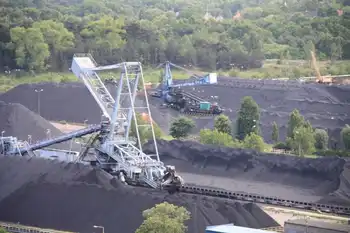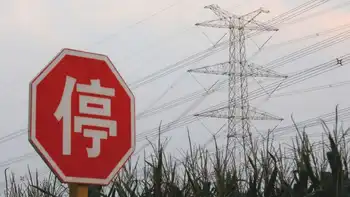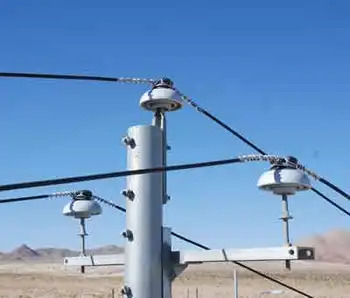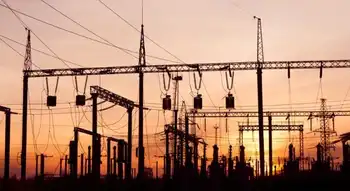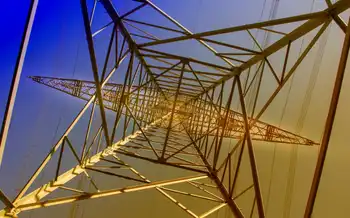Wall Street Backs Rick Perry’s $19 Billion Data Center Venture
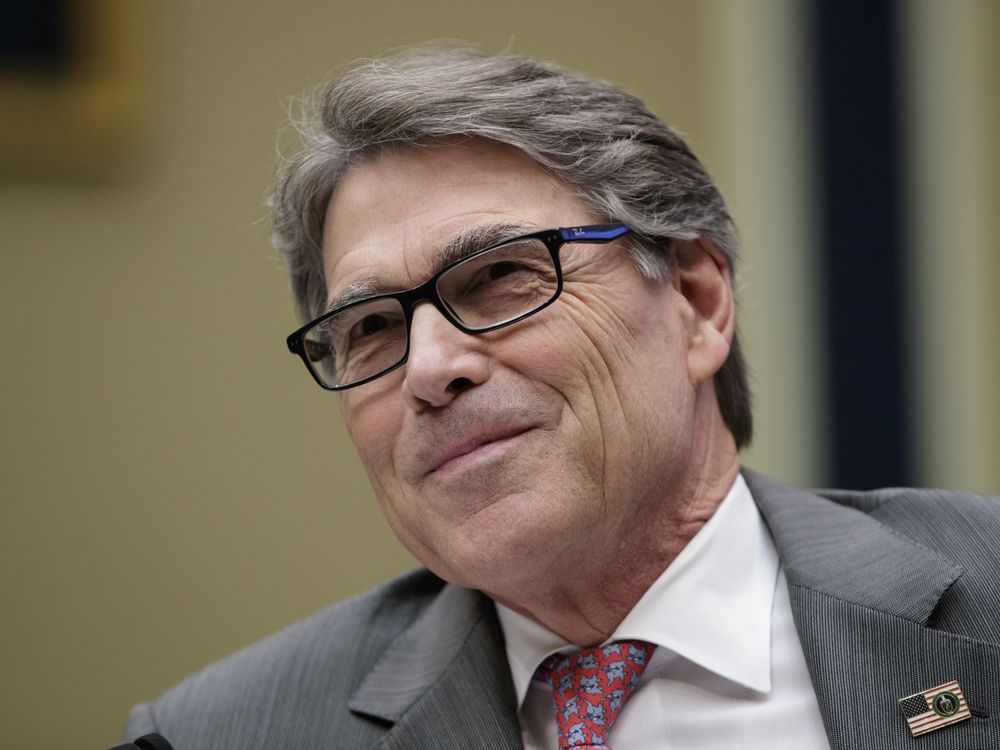
Substation Relay Protection Training
Our customized live online or in‑person group training can be delivered to your staff at your location.

- Live Online
- 12 hours Instructor-led
- Group Training Available
Wall Street backs Rick Perry’s $19 billion nuclear-powered data center venture, Fermi America, combining nuclear energy, AI infrastructure, and data centers to meet soaring electricity demand and attract major investors betting on America’s clean energy technology future.
What is "Wall Street Backs Rick Perry’s $19 Billion Nuclear-Powered Data Center Venture”?
Wall Street is backing Rick Perry’s $19 billion nuclear-powered data center venture because it combines the explosive growth of AI with the promise of clean, reliable nuclear energy.
✅ Addresses AI’s massive power demands with nuclear generation
✅ Positions Fermi America as a pioneer in energy-tech convergence
✅ Reflects investor confidence in long-term clean energy solutions
Former Texas Governor and U.S. Energy Secretary Rick Perry has returned to the energy spotlight, this time leading a bold experiment at the intersection of nuclear power and artificial intelligence. His startup, Fermi America, headquartered in Amarillo, Texas, went public this week with an initial valuation of $19 billion after its shares surged 55 percent above the opening price on the first day of trading.
The company aims to tackle one of the most pressing challenges in modern technology: the staggering energy demand of AI data centers. “Artificial intelligence, which is getting more and more embedded in all parts of our lives, the servers that host the data for artificial intelligence are stored in these massive warehouses called data centers,” said Houston Chronicle energy reporter Claire Hao. “And data centers use a ton of electricity.”
Fermi America’s plan, Hao explained, is as ambitious as it is unconventional. Fermi America has a proposal to build what it claims will be the world’s largest data center, powered by what it asserts will be the country’s largest nuclear complex. So very ambitious plans.”
According to the company’s roadmap, Fermi aims to bring its first mega reactor online by 2032, followed by three additional large reactors. In the meantime, the firm intends to integrate natural gas and solar energy by the end of next year to support early-stage operations.
While much of the energy sector’s attention has turned toward small modular reactors, Fermi’s approach focuses on traditional large-scale nuclear technology. “What Fermi is talking about building are large traditional reactors,” Hao said. “These very large traditional reactors are a tried and true technology. But the nuclear industry has a history of taking a very long time to build them, and they are also very expensive to build.” She noted that the most recent example, completed in 2023 by a Georgia utility, came in $17 billion over budget and several years late.
To mitigate such risks, Fermi has recruited specialists with international experience. “They’ve hired folks that have successfully built these projects in China and in other countries where it has been a lot smoother to build these,” Hao said. “Fermi wants to try to make it a quicker process.”
Perry’s involvement lends both visibility and controversy. In addition to co-founding the company, Griffin Perry, his son, plays a role in its management. The firm has hinted that it might even name reactors after former President Donald Trump, under whom Perry served as Secretary of Energy. Perry has framed the project as part of a national effort to regain technological ground. “He really wants to help the U.S. catch up to countries like China when it comes to delivering nuclear power for the AI race,” Hao explained. “He says we’re already behind.”
Despite the fanfare, Fermi America is still a fledgling enterprise. Founded in January and announced publicly in June, the company reported a $6.4 million loss in the first half of the year and has yet to generate any revenue. Still, its IPO exceeded expectations, opening at $21 a share and closing above $32 on the first day.
“I think that just shows there’s a lot of hype on Wall Street around artificial intelligence-related ventures,” Hao said. “Fermi, in the four months since it announced itself as a company, has found a lot of different ways to grab people’s attention.”
For now, the project represents both a technological gamble and a test of investor faith — a fusion of nuclear ambition and AI optimism that has Wall Street watching closely.
Related Articles





